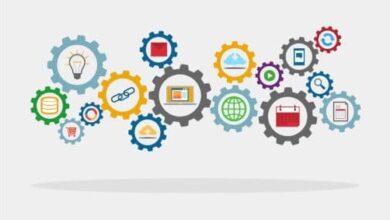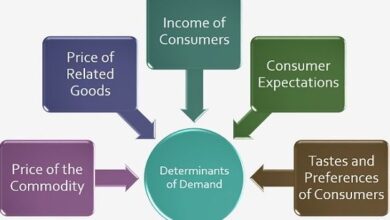Economics/Business
Economics
Economics is the social science that studies how individuals, businesses, governments, and societies allocate scarce resources to satisfy their unlimited wants and needs. It is concerned with the production, distribution, and consumption of goods and services, and the decisions and behaviors of individuals and institutions that shape these processes.
By reading the intensive articles of Englopedia.com you will grasp that it is a broad field that encompasses various branches and subfields, including microeconomics, macroeconomics, international economics, labor economics, behavioral economics, and many others. Microeconomics focuses on the behavior of individuals and firms, while macroeconomics looks at the overall performance of the economy, including issues such as inflation, unemployment, and economic growth. International economics examines the flow of goods, services, and capital across borders, while labor economics focuses on the behavior of workers and employers in the labor market.
Englopedia will make you aware that Economists use a range of tools and techniques, such as mathematical modeling, statistical analysis, and experimental methods, to study and analyze economic phenomena. They aim to understand how markets work, how individuals and institutions make decisions, and how public policies and institutions impact economic outcomes.
Through the leading articles of Englopedia you will realize that Economics has significant implications for individuals, businesses, governments, and societies, as it can inform decisions related to investments, production, taxation, trade, and social welfare policies. It is a crucial field of study for understanding the functioning and dynamics of modern economies and for addressing pressing global issues, such as inequality, climate change, and economic development.
-

What are Financial statements concept characteristics types examples
Financial statements are an accurate picture of a company’s financial affairs in a given year. They are prepared using financial information compiled by…
Read More » -

Economic values definition commercial Market price consumer surplus
Economic values are economic concepts that relate to the price of goods and services in the market and to assessments that individuals…
Read More » -

What are Corporate values of a company definition and examples
A company’s corporate values are the operating principles or fundamental philosophies that govern a company’s internal behavior, as well as its relationships…
Read More » -

What are current assets List with examples
Current assets refers to all assets that can easily come into effect within a maximum of one year from the date…
Read More » -

What is Neoliberalism history characteristics consequences representatives
Neoliberalism or neoliberal model is an economic and political doctrine that defends the absolute free market without any State intervention in its…
Read More » -

Commercial advertisement features parts and examples
Commercial advertisement A Commercial advertisement is a creative design that aims to publicize a product, event or service to an…
Read More » -

What is line of business types and examples
A company’s line of business refers to the activity or business that develops it. These activities are classified into different categories, according to…
Read More » -

Economic process steps and examples
The economic process is the set of actions carried out to generate and exchange the means necessary to satisfy the needs of…
Read More » -

Customer advance How It’s Counted Examples
The customer advance is a liability account in which all customer payments for products or services that have not yet been delivered…
Read More » -

Determinants of demand main factors
Some of the determining factors of demand are the price of the product, the consumer’s income, the price of complementary goods…
Read More »